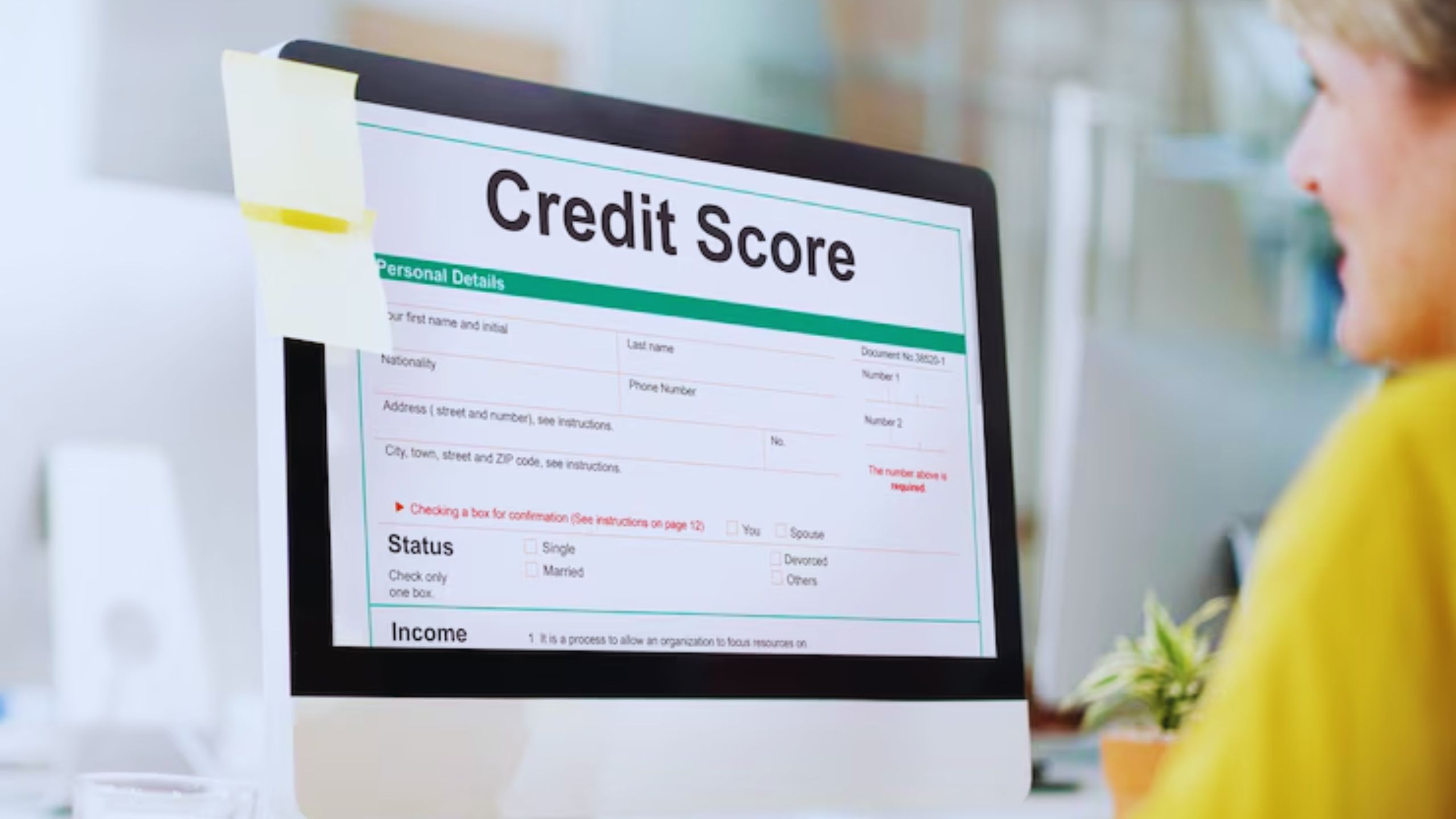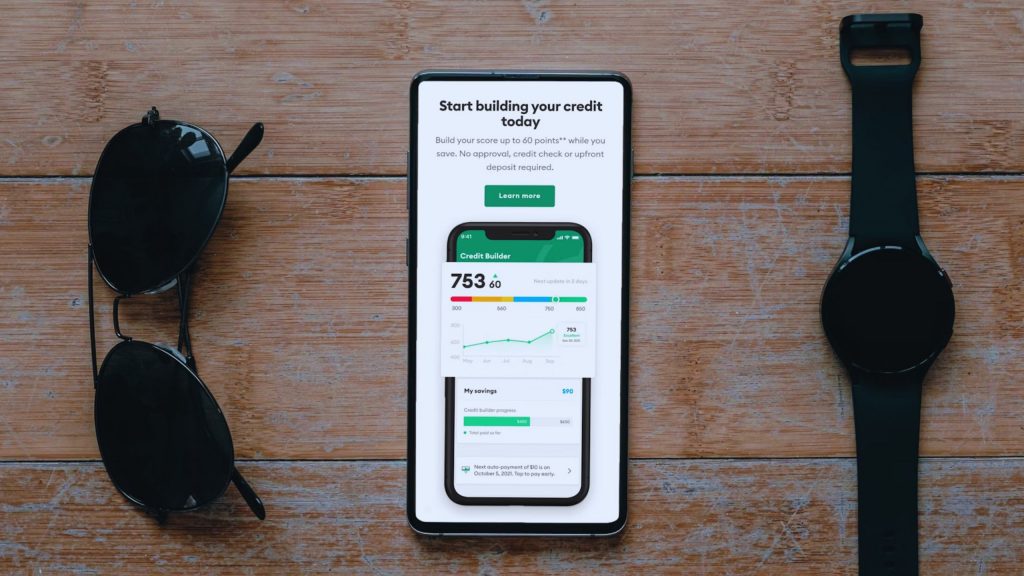9 Ways to Improve Your Credit Score
07 April 2025
5 Mins Read

toc impalement
A well-defined credit score is a direct demonstration of your financial responsibility. Therefore, a common question that arises is: how to improve your credit score?
Banks and other financial institutions consider it when they want to offer you loans or issue you credit cards. It is a factor in almost every major purchase you make that requires installment payments.
For example, buying a car, since it determines the payment terms. It’s in your best interest to adopt financial habits that increase your credit score.
If you have a low credit score, you will have a hard time getting favorable terms on car payments, mortgages, loans, and other significant purchases. In some cases, financial institutions may refuse to loan you money.
Fortunately, there are ways to improve your credit score, but it takes time and requires consistency. These methods take into account five key factors –
- Length of credit history,
- Credit utilization ratio
- New credit
- Credit mix.
- Payment history,
Each factor has a different level of impact on your overall credit score, but it is wise to consider all of them when striving to increase your credit score.
How To Improve Your Credit Score: A Detailed Guide

To improve your credit score, you must make a conscious decision to track all your financial calculations. Initially, it might come across as a huge problem.
Moreover, you may also feel burdened. Nevertheless, a thorough guideline and a strong determination can change your financial health for good.
So, pay attention! The nine steps below can improve your credit score and set you on the right financial path.
Pay Your Bills When Due
Since your payment history plays a lead role, always ensure that you pay your bills on time. It weighs about 35% towards the overall score.
When your payments are delayed, it affects your credit score for the upcoming seven years, approximately. In order to ensure that your bills are paid on time, you can set up a regular reminder of the same.
Leave Your Old Accounts Open
Since the length of your credit history weighs about 15% towards the overall score, it will benefit you to leave your old accounts open.
When you close your account, your average account age reduces, therefore dropping your credit score.
In addition to leaving your old accounts open, you can use your oldest credit cards for small and regular purchases that you are certain to pay off in time. These purchases may include your gym membership, food deliveries, as well as music streaming.
Strategically Use Tradelines
You can improve your credit score by becoming an authorized user of someone else’s credit account if that account is in good standing.
When you add a seasoned high-limit tradeline to your credit report, you improve your credit utilization and age quickly.
You can buy seasoned high-limit tradelines from companies like Coast Tradelines. You can read superior tradelines reviews to determine their credibility.
Reduce Your Credit Usage Ratio
Your credit usage ratio is the amount of credit you are using in comparison to your total credit limit. If you have a limit of $2000, and you use $200, that is a 10% credit utilization ratio.
In order to improve your credit score, maintain your credit usage ratio below 30%. You can take this a step further by keeping the ratio below 10%.
Limit Your New Credit Applications
Think twice before applying for new credit. We might feel the need to do so, especially in casses such as a mortgage, loan, auto financing , the list goes on.
Nevertheless , you have to keep in mind that applying for a new credit, triggers a hard inquiry. This can drop your credit score by about 5-10 points.
Space out all your necessary applications by at least six months, and avoid new credit applications unless extremely necessary. Although hard inquiries are tracked in your credit report for two years, they stop influencing your credit score afterwards. .
Diversify Your Credit Portfolio
Mix up your credit portfolio by having revolving and installment credit. This can be a combination of a credit card and an auto loan.
If you maintain this diverse portfolio and make payments on time, it will demonstrate that you can meet different kinds of financial obligations, therefore improving your credit score.
If you have only credit cards, you can take out a small personal loan (or a credit builder loan) that you are certain to pay back in time just to diversify your credit mix.
Dissolve Credit Report Conflicts
When you are thinking about how to improve your credit score, what you can do is rectify your credit report errors.
Incorrect information on your credit report can immensely harm your credit score. This information can be an incorrect late payment, and so on.
In order to avoid this, you must check your credit report periodically and dispute any error you find.
To get free reports from TransUnion, Equifax, and Experian, you can visit annualcreditreport.com. Watch out for minor errors, like outdated balances and limits, as they can affect credit usage.
Become An Authorized User On A Trusted Account
This approach is similar to using tradelines. However, instead of buying a seasoned high-limit tradeline, you ask a friend or loved one who has great credit to add you as an authorized user to their account for free.
Ideally, their account should have a low credit utilization ratio, a long history of payments made on time, and a confirmation that they report to bureaus.
Ensure that the account owner will maintain financially responsible behavior; if they slip up, it will affect your credit score.
Be Patient With Your Progress
It takes time to improve your credit score, so you should be patient and trust the process as long as you apply the steps above.
Ensure you regularly check your credit reports, and feel free to celebrate small upward score movements so you can stay motivated and stick to the plan.
How To Improve Your Credit Score: The Final Touch Up
Once you have an improved and healthy credit score, your financial well-being will evolve drastically.
You will enjoy a world full of financial possibilities. Additionally, you will have access to better loans and favorable payment terms on larger purchases.
The steps detailed above will help you increase your credit score, but understand that it takes time and you have to commit to improving your financial habits in the long term to maintain the new score you attain.

















